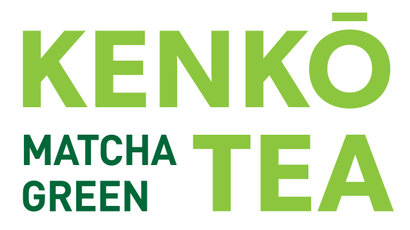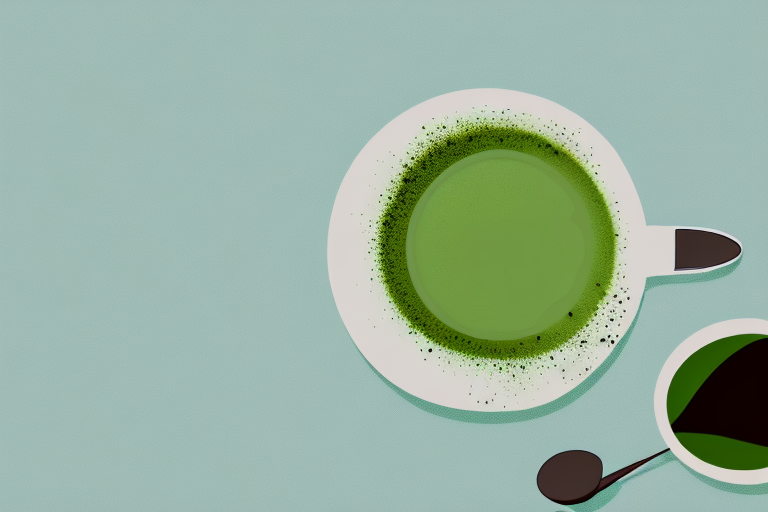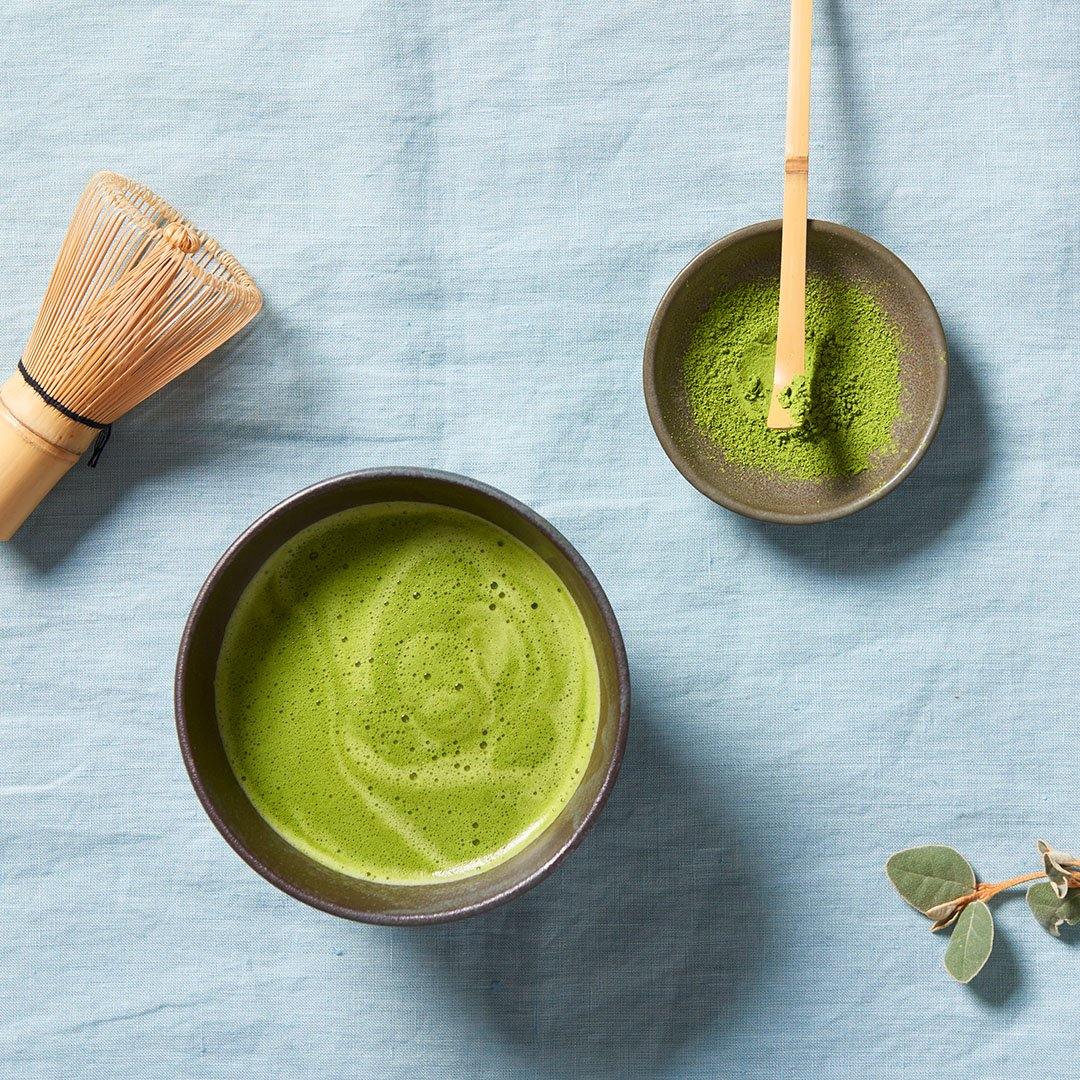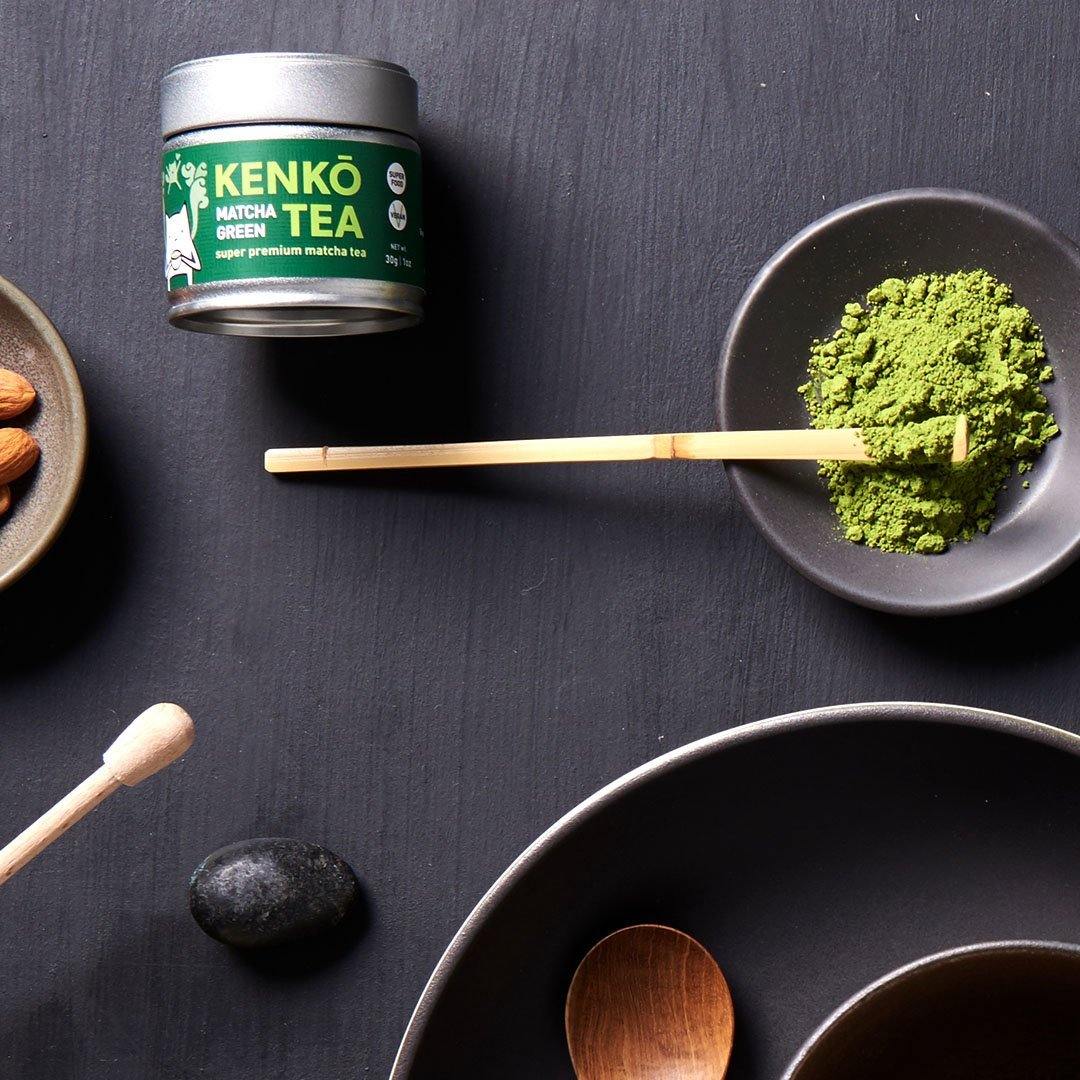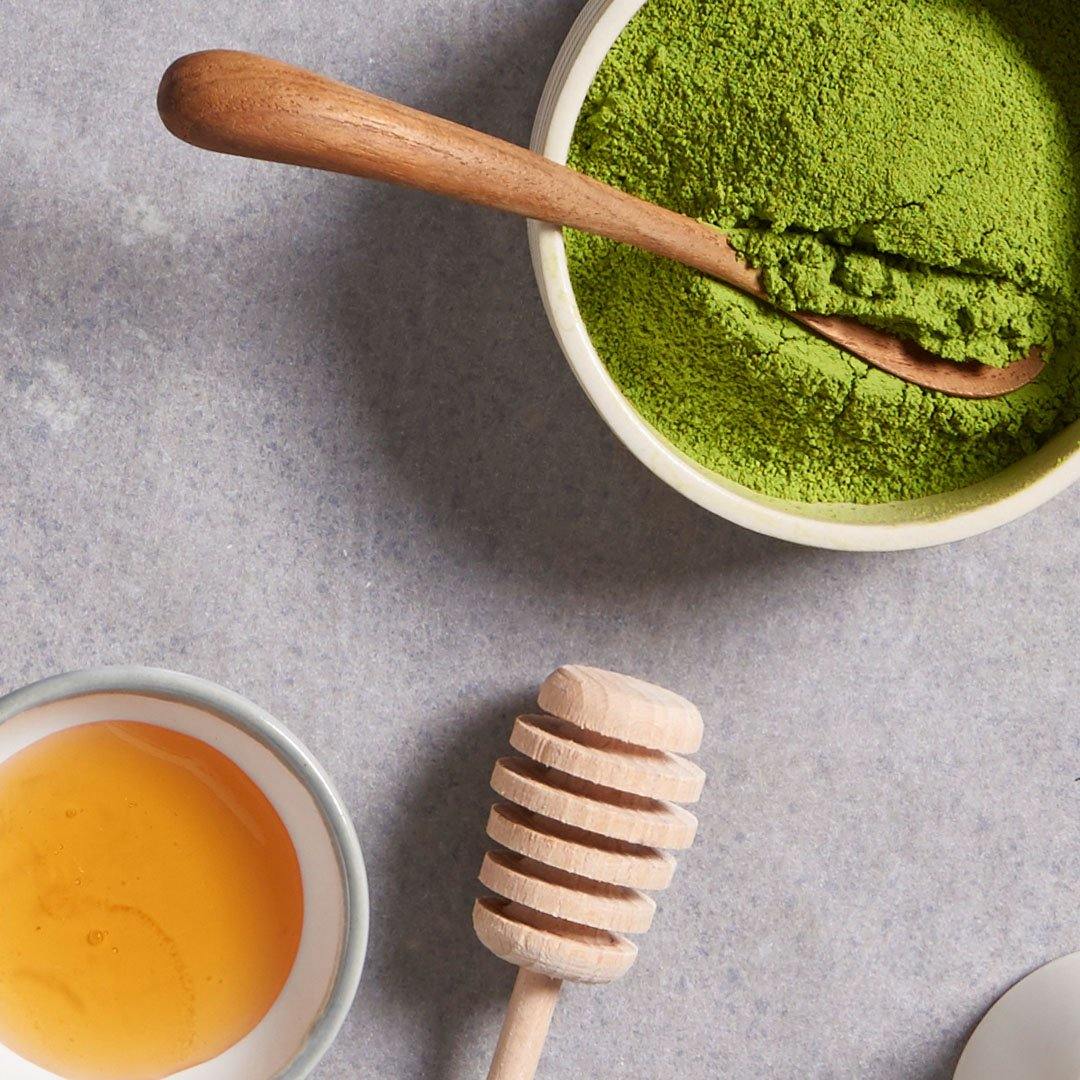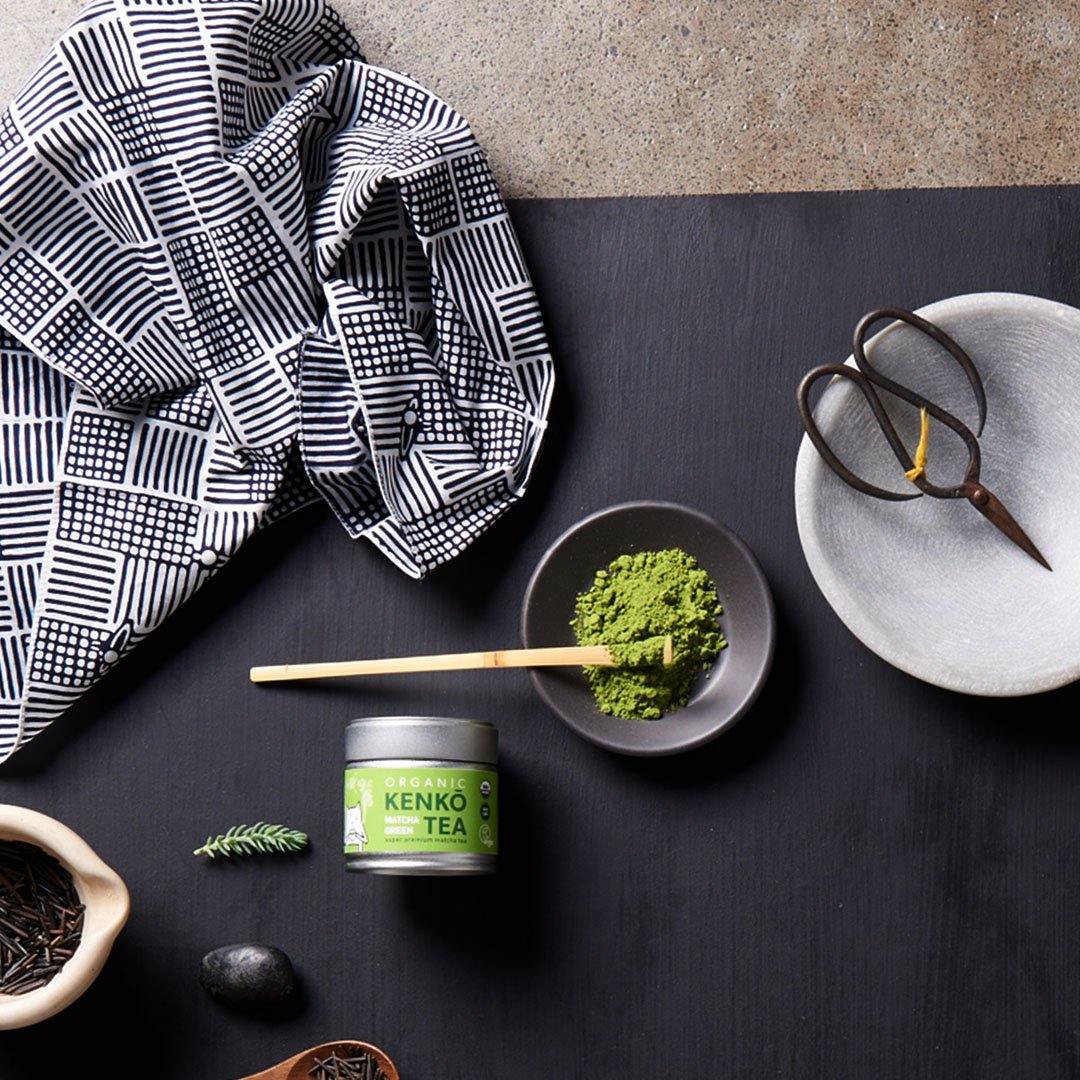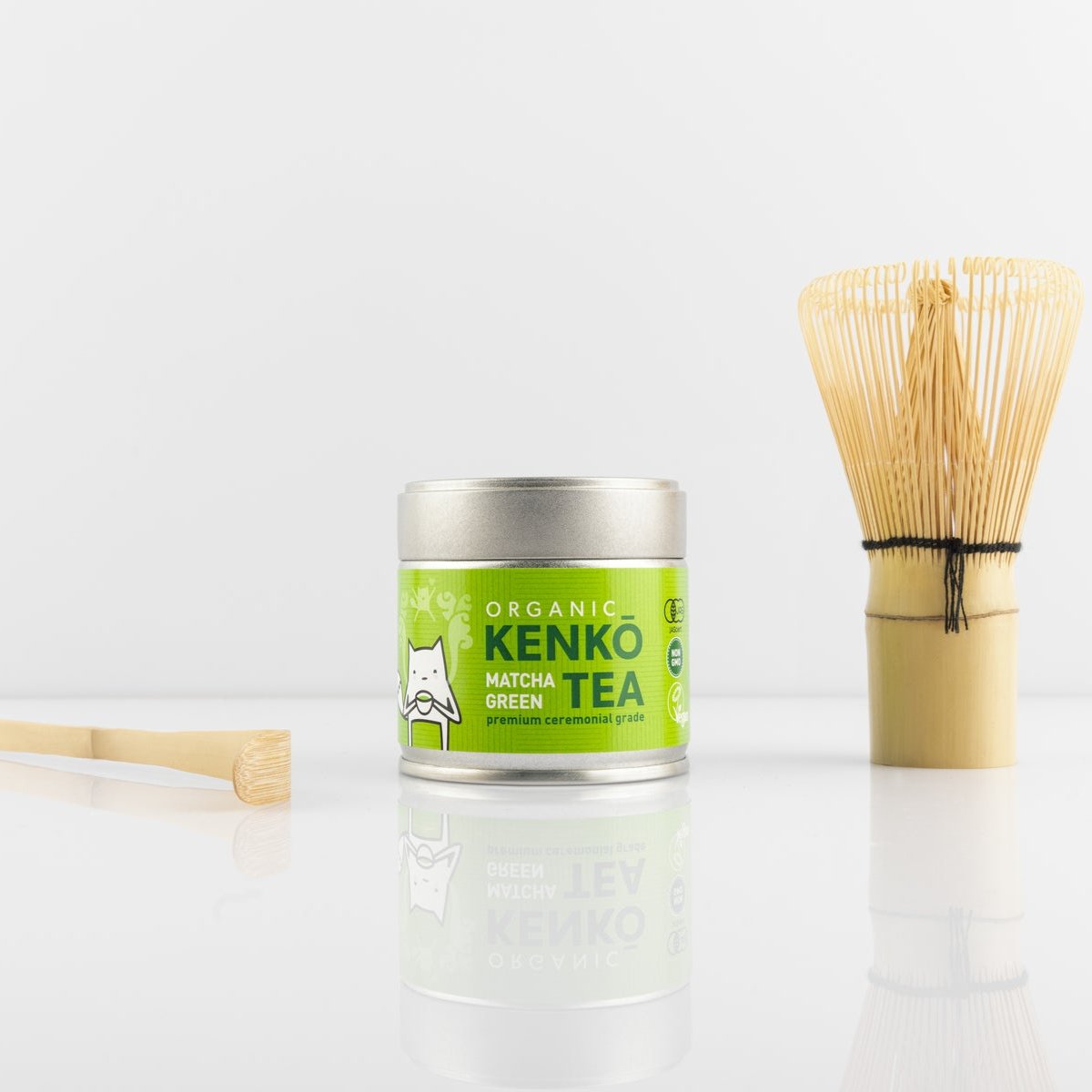Silky smooth easy to blend and no gritty after taste .
The taste is very mild , this is my first matcha experience and will not be my last
I have ordered from 4x different online matcha brands recently and I was very underwhelmed with the quality of the matchas, then I thought I’ll try out kenko, and I am highly impressed. Beautiful bright green matcha, very smooth taste and very fine I don’t actually need to sift it.
I am literally ordering more right now I love it. Thanks for a great product.
